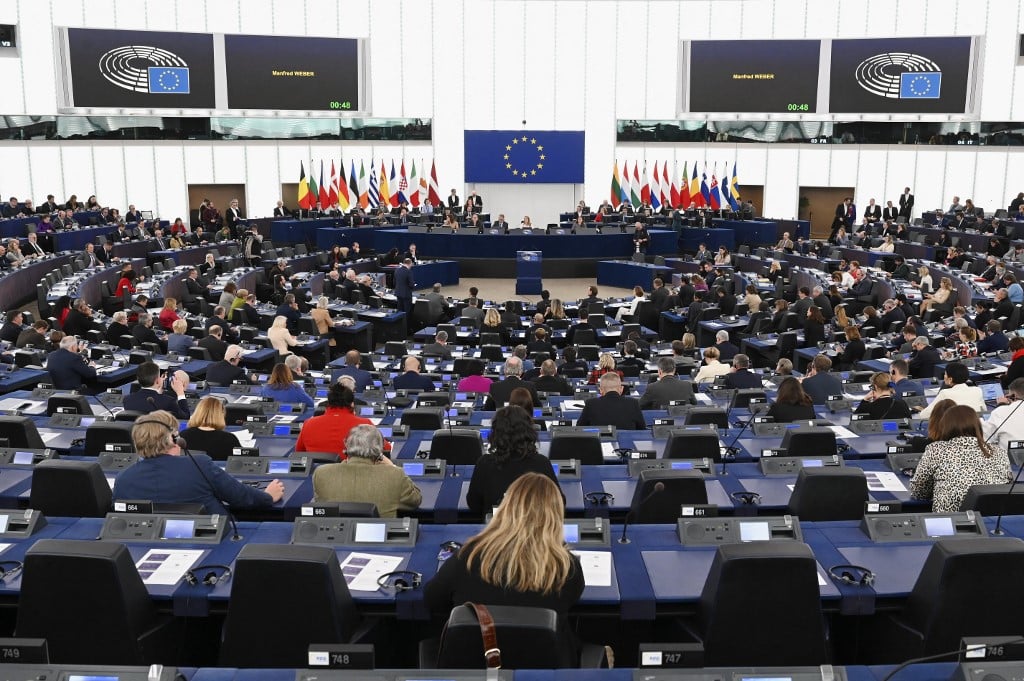The Berlin court on Friday granted Kalbitz an interim injunction against the decision to annul his membership, stating the he must remain a party member until an official decision is made by the AfD’s internal party arbitration panel.
In May party leader Jörg Meuthen persuaded a majority of the leadership to back him in annulling Kalbitz’s membership after he was found to have hidden a previous association with a banned neo-nazi organisation called the “Heimattreue Deutsche Jugend” (Patriotic German Youth).
The decision was carried by narrow majority of seven party committee members for with five opposing. The Heimattreue Deutsche Jugend is one of a number of far-right organisations which the AfD's conditions of membership prohibit association with.
Kalbitz, who was party leader in the eastern state of Brandenburg up until the decision, denies ever having been a member of the Heimattreue Deutsche Jugend.
The Berlin court’s decision is likely to further escalate tensions between the east and west German factions inside the party, with Kalbitz being a figurehead of the more hard line eastern faction.
Along with Thuringian party leader Björn Höcke, in 2015 Klabitz founded the Flügel, a nationalistic and xenophobic pressure group inside the party. Germany’s domestic spy agency, the BfV, decided earlier this year to classify the group as “extreme right wing” giving it the remit to put the organisation under surveillance.
Since the announcement of that decision the AfD has been riven by internal disputes over whether to remove the most extreme members of the party in order to avoid further attention from the intelligence services or whether to stick to the xenophobic course which secured it 12.6 percent of the vote at the last election.
Meuthen suggested in March – to the consternation of party colleagues – that the AfD should consider splitting into a “conservative” western chapter and a “nationalistic” eastern one.
The party’s popularity has dropped significantly since the star of the year, with polls regularly showing them at 9 percent, a drop of around 6 percent since January. Pollsters put this down to party feuding and the resurgence of Angela Merkel’s CDU since the corona virus outbreak.




 Please whitelist us to continue reading.
Please whitelist us to continue reading.
Member comments